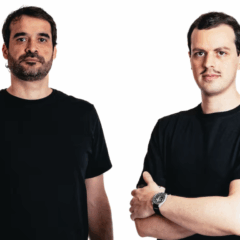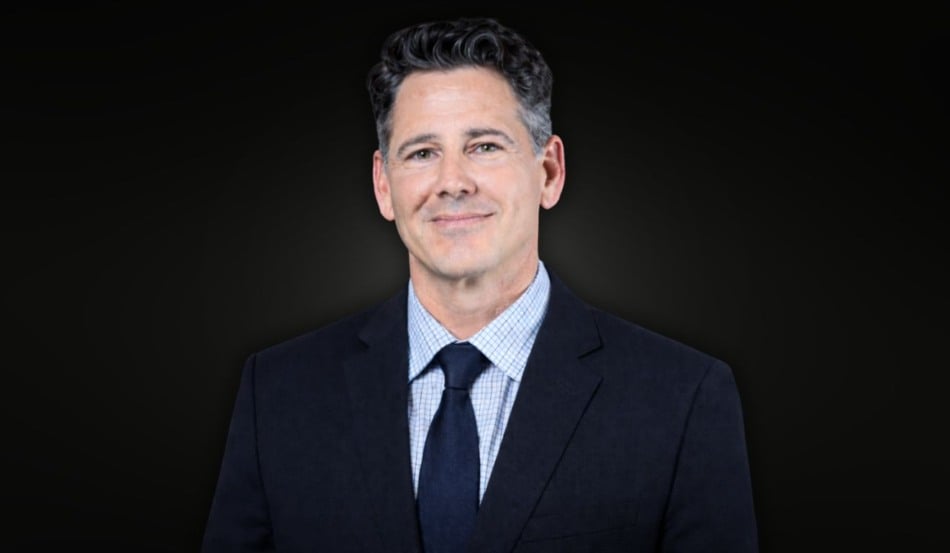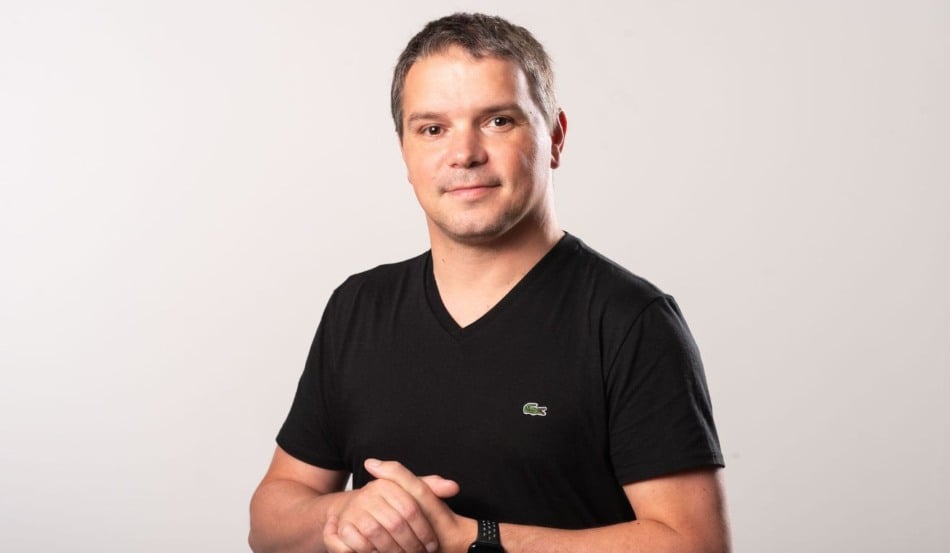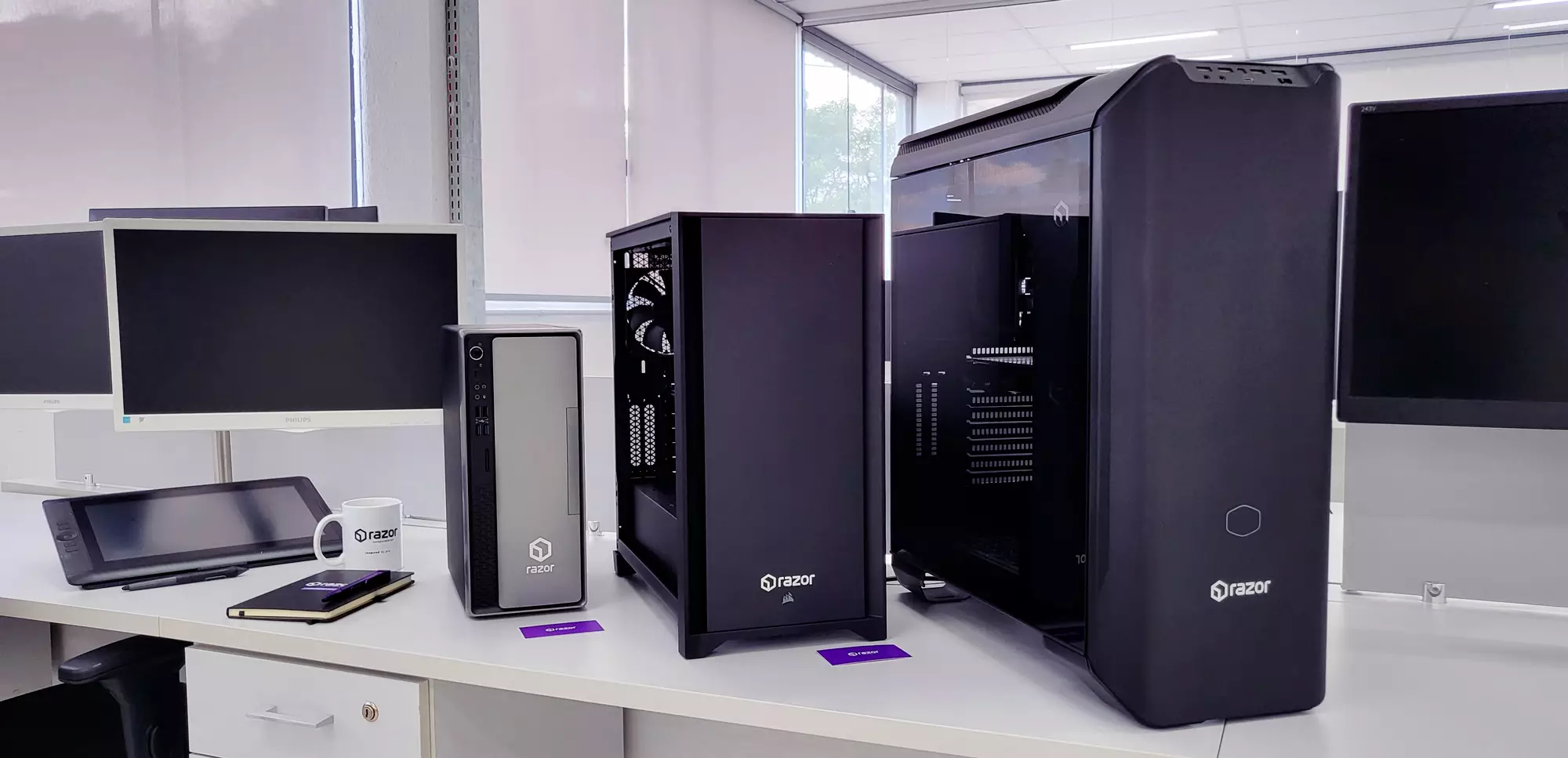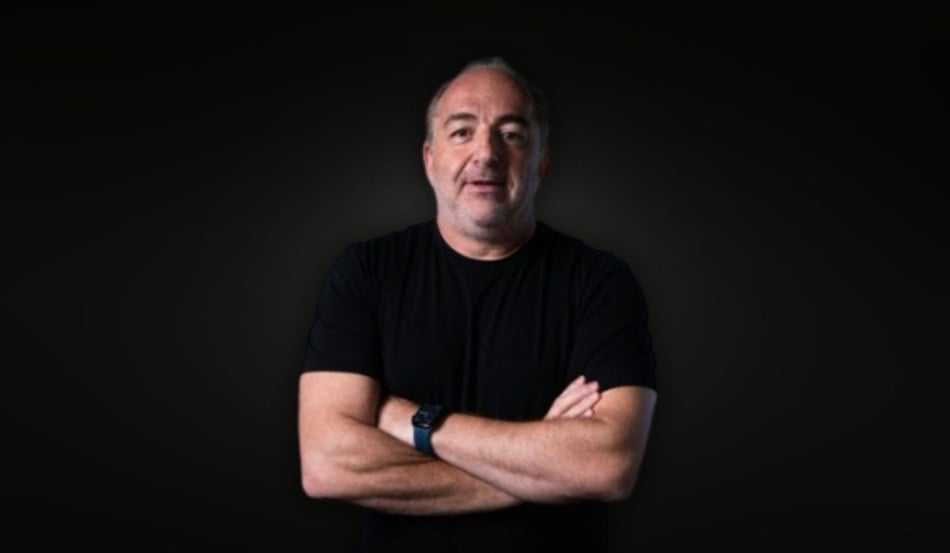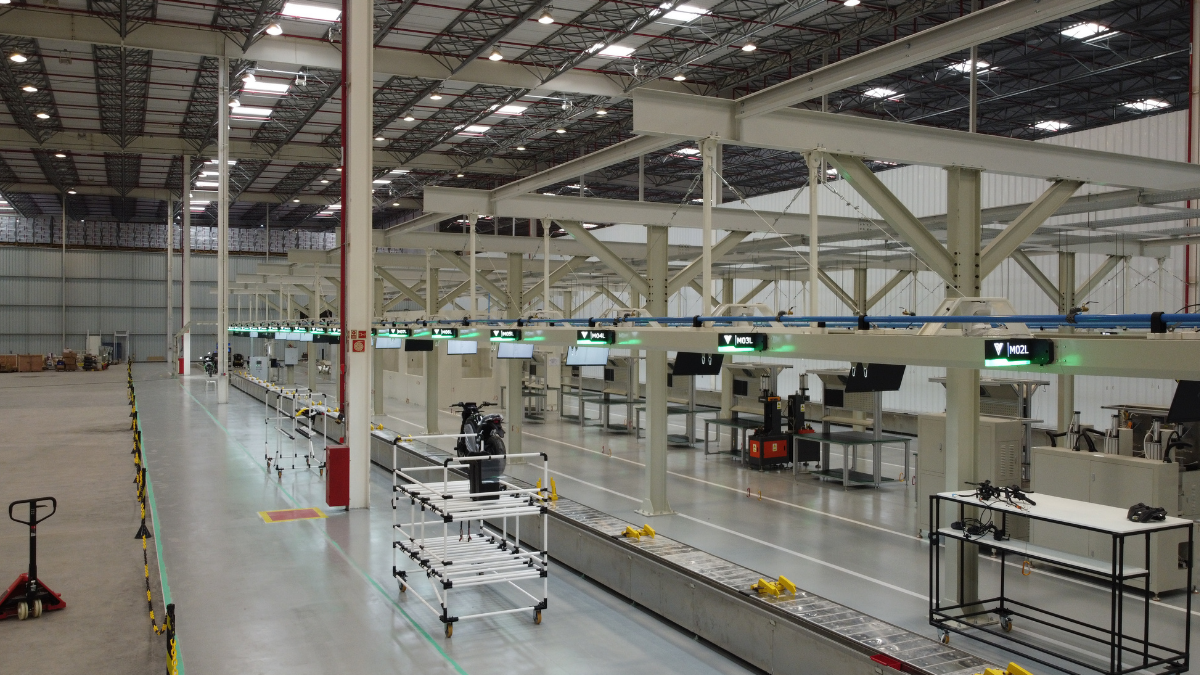
Essa notícia também está disponível em português
Electric motorcycle brand Voltz is planning the ceremony around the official opening of its production line in Manaus, the capital of Brazil’s northern state of Amazonas. Announced exclusively to Startups, the opening of the new facility is scheduled for May 30th, according to the company’s founder and president, Renato Villar.
The 130ft site is the result of a $2,4 million investment, which follows a $19 million funding round concluded in April 2021. Brazilian fintechs Creditas and Grupo Ultra, which owns Ipiranga, one of the country’s largest gas station networks, led last year’s investment.
With the factory launch, the manufacturer expects to scale the production of its electric motorcycles EV1 (scooter) and EVS (street) to around 52,000 units by the end of 2022 and reach a monthly output of around 15,000 motorcycles in the near future. Initially, the site employs approximately 200 staff, but the goal is to double the headcount by year end.
In the first month, the numbers are predicted to be a little more modest. “We will produce the first units in the coming weeks, and will be training our team. We want to start the official operation at the end of May, with an average of 60 motorcycles/day, but we have the potential to increase this number to 300”, says Villar.
According to the executive, a range of upsides relating to the Manaus location will boost the firm’s production capacity. Among the most significant factors is the tax benefits, especially concerning import taxes on the components – in Manaus, taxation is set at only 2%.
Before launching the new site, Voltz produced its motorcycles in a smaller factory in Cabo de Santo Agostinho, in the state of Pernambuco, where the company imports most of the components. In Manaus, the goal is to increase the percentage of locally-produced items in the manufacturing process, reduce costs and optimize production.
The plan is to get closer to manufacturers of items such as lithium batteries, a component that accounts for approximately 40% of the electric motorcycles’ overall cost of production. “Today, we import our batteries, but as we gain scale and visibility, the likelihood of establishing partnerships to develop these components nationally increases,” says Villar. “The focus is to leverage the stock and reduce customer waiting times,” he says.
No delays
Speaking of waiting times, the factory in Manaus is hoped to address some issues the firm has faced recently. Last year, Voltz had to deal with a series of customer complaints due to delays in order fulfilment.
To win over dissatisfied customers, the company even distributed Uber vouchers, which could be used while they waited for their motorcycle. According to Villar, the new factory will be instrumental in meeting the demand.
“Just as other manufacturers, we still have to deal with the unforeseen circumstances of the international market and difficulties in the supply chain, but we will be better prepared,” the executive points out. Last year, Villar went to China to talk to suppliers in a bid to normalize the delivery of components. The plan was to come back only when everything was settled. He spent three months in Asia, even missing his son’s birthday.
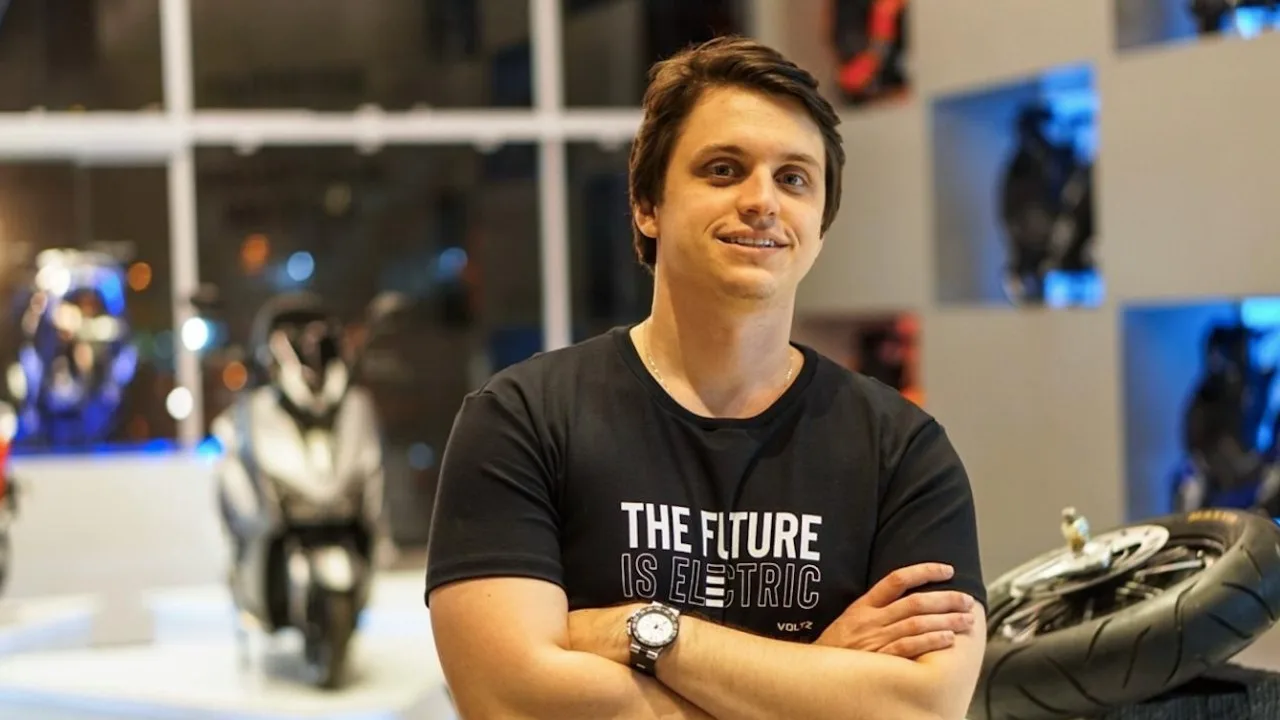
iFood partnership
The production boost has an impact on more than consumer sales. In February, Voltz started a partnership with food delivery company iFood, developing EVS Work a model for the delivery drivers.
Voltz expects to sell 12,000 units of the optimized motorcycle by the end of 2022, offering discounts and financing facilities at special rates – the model costs around $1,998. In addition, the partnership includes the installation of charging points in the country’s main urban centers.
According to Villar, the collaboration with iFood is the first step in a new direction for Voltz, developing models and technologies for corporate customers.
“Today, 55% of our production is EVS, but this percentage may increase with B2B projects”, he says.
Technology and growth
The next challenge is to sell the stock. Voltz was first known for its 100% online sales model for electric motorcycles, and became known as the “Brazilian Tesla.”
Currently, the brand has 11 own stores and 60 pop-up stores nationwide, where customers can test the models before placing their order. The roadmap foresees the launch of new points of sale. The plan is to open a store in Goiânia, the capital of the state of Goiás, by the end of the year, says Villar.
But the main challenge, as the founder points out, is to invest in innovation to stand out in the increasingly competitive electric motorcycle market. China’s Shineray launched its first street model this year – the SHE S. Multilaser acquired Watts and will soon launch the E-125 street bike. At the end of 2021, the founders of Brazilian electric bicycle brand Lev brought motorcycles produced by China’s Niu Technologies to Brazil.
According to Villar, the plan is to develop cognitive resources and incorporate them into the motorcycle system, with intelligence to identify the consumer’s environment. To achieve this goal, the company will invest in cameras, sensors and machine learning.
“Our focus is 100% on technology to bring more safety to the drivers. This intelligence will be a market differential”, the founder says.
(translation by Gabriela Del Carmen, editing by Angelica Mari)
